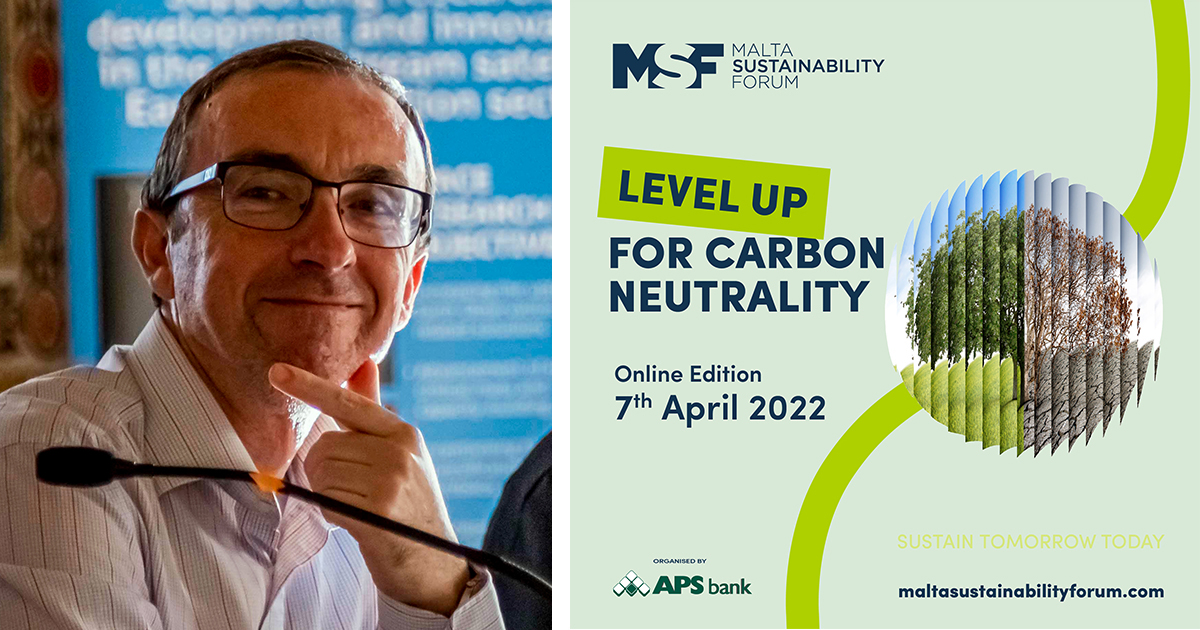Why is tackling climate change important?
Climate change is one of the most pressing issues of our time. The consequences of a warmer world are already being felt, and they will only get worse if we do not take action now. The impacts of climate change are already being felt around the world, but they disproportionately affect the poorest and most vulnerable communities. In general, these impacts include things like increasing droughts and extreme weather events in some regions, rising sea levels that threaten coastal communities, increased risk to food security, reduced access to clean water and increased risk to human health.
This list goes on, but suffice it to say that climate change will have serious consequences for all of us. This is why it is important to tackle climate change because it will help us in the future by having a better environment to live in and which will be more sustainable for our children and grandchildren.

Was the progress made at COP26 straightforward?
In my opinion, the COP26 held in Glasgow, Scotland last November was somewhat disappointing as it became an indicator of the world’s lack of commitment to combat climate change. The pre-conference expectations were very high - it came after a year of record-breaking wildfires, devastating hurricanes, and prolific flooding.
At the meeting the leaders from the G7 had promised that they would be ‘ambitious in supporting people around the world to help them access renewable energy sources’ but went back on their word at COP26.
This event was one of the most difficult and challenging COPs for many reasons. One of the primary reasons was that while some countries were not willing to commit to more action by the proposed deadlines (such as India and China) others were not willing to settle for less (such as the EU). This created a difficult situation in which no one was happy with the outcome.
What are the expectations for the next COP 27?
The COP27 conference is to be held in Egypt this November. It will be a daunting task for the countries to come together and agree on concerted efforts to cut carbon dioxide emissions. This is a huge challenge for the world, especially now that many countries are being affected by the sanctions that are being imposed on Russia, and by the high inflation and increased costs of fuels and food due to the military hostilities in Eastern Europe.
What can you tell us about the local climatic trends? Why is it important to study them?
Understanding local climatic trends is important because we must be up to date on what to expect in terms of both their direction and magnitude. A deep knowledge of these trends is crucial to understand how these changes will impact Malta’s various socio-economic and environmental sectors.
Climate change is already affecting the Maltese Islands in various ways. Considered as one of the hotspots for climate change, the Mediterranean region and its inhabitants are highly vulnerable to climate change. In the coming years and decades, Malta will continue seeing changes in temperature and rainfall patterns, with a chance that records will be broken again soon. The continued increase of global emissions of greenhouse gases in the atmosphere will ensure this.
If we only consider increased warmth as one of the many climate hazards to which we are exposed, elevated air temperature impacts many other weather elements such as relative humidity, clouds, winds and rainfall. Moreover, it can lead to a significant effect on human health, agriculture and energy demand.
In Malta, temperature fluctuations over the last 50 years show a clear upward trend in annual mean, highest and lowest temperatures. Malta’s mean annual ambient temperature has risen by about 1.5°C on average. For the same period, the highest maximum ambient temperature has also increased by almost as much. There is therefore a strong chance to continue seeing this upward trend in the coming months and years. Its impacts will increasingly be felt by a good number of local economic sectors, including agriculture and fisheries, tourism, and health.
For inbound tourists for example, the future climatic projections for the Maltese islands indicate that our peak tourist months are very likely to experience an increase of around +1.9C (by 2050) and up to +2.0C (by 2070) for July; and +2.1C (by 2050) and +2.2C (by 2070) for August. These projections refer to the least harmful future climate scenario, let alone for the most harmful one should the world continue to emit greenhouse gases at the current rates. From an adaptation point of view, both scenarios imply a required shift of the visitation periods for inbound tourists.
With the overarching theme of Sustain Tomorrow Today and based on the success of the previous editions, this year MSF will be delivered as a series of afternoon events, online or hybrid as the circumstances permit, with the first to be held on 7th April 2022 with the title: Level up for Carbon Neutrality (inspired from: What actions were agreed at COP26 & will ensure that the world reduces its carbon emissions by half by the end of 2030 and Net Zero by 2050? Where does Malta fit into this?). This event will start with a keynote speech and a presentation, followed by a panel discussion from a business point of view and ending with testimonials from individuals or organisations. The key message is that every person has a role to play in reducing their carbon footprint.

